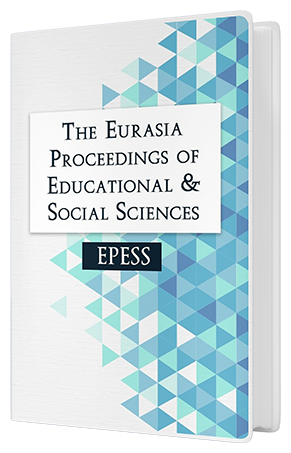The Role of Human Choices in the Learning Process
DOI:
https://doi.org/10.55549/epess.1413361Keywords:
Learning process, Decision-making, Human, Human choicesAbstract
Human decision-making plays a crucial role in the learning process, affecting engagement, motivation, information processing, and social interactions. Learners have the autonomy to select materials, study times, and strategies that suit their preferences and strengths. When faced with complex concepts, learners make cognitive choices that impact their understanding and knowledge application. Additionally, in collaborative settings, learners actively decide when and how to seek help and engage with peers.Understanding the significance of human choices in learning has important implications for educators and instructional designers. By fostering a supportive environment that encourages autonomy, active decision-making, and collaboration, educators can empower learners to take charge of their learning journey and improve outcomes.In conclusion, human choices shape the learning process, influencing engagement, motivation, information processing, and social interactions. Acknowledging and harnessing the power of decision-making can enhance educational practices and empower learners to become active agents in their learning journey.Downloads
Published
Issue
Section
License
Copyright (c) 2023 The Eurasia Proceedings of Educational and Social Sciences

This work is licensed under a Creative Commons Attribution-NonCommercial-ShareAlike 4.0 International License.
The articles may be used for research, teaching, and private study purposes. Any substantial or systematic reproduction, redistribution, reselling, loan, sub-licensing, systematic supply, or distribution in any form to anyone is expressly forbidden. Authors alone are responsible for the contents of their articles. The journal owns the copyright of the articles. The publisher shall not be liable for any loss, actions, claims, proceedings, demand, or costs or damages whatsoever or howsoever caused arising directly or indirectly in connection with or arising out of the use of the research material. All authors are requested to disclose any actual or potential conflict of interest including any financial, personal or other relationships with other people or organizations regarding the submitted work.




